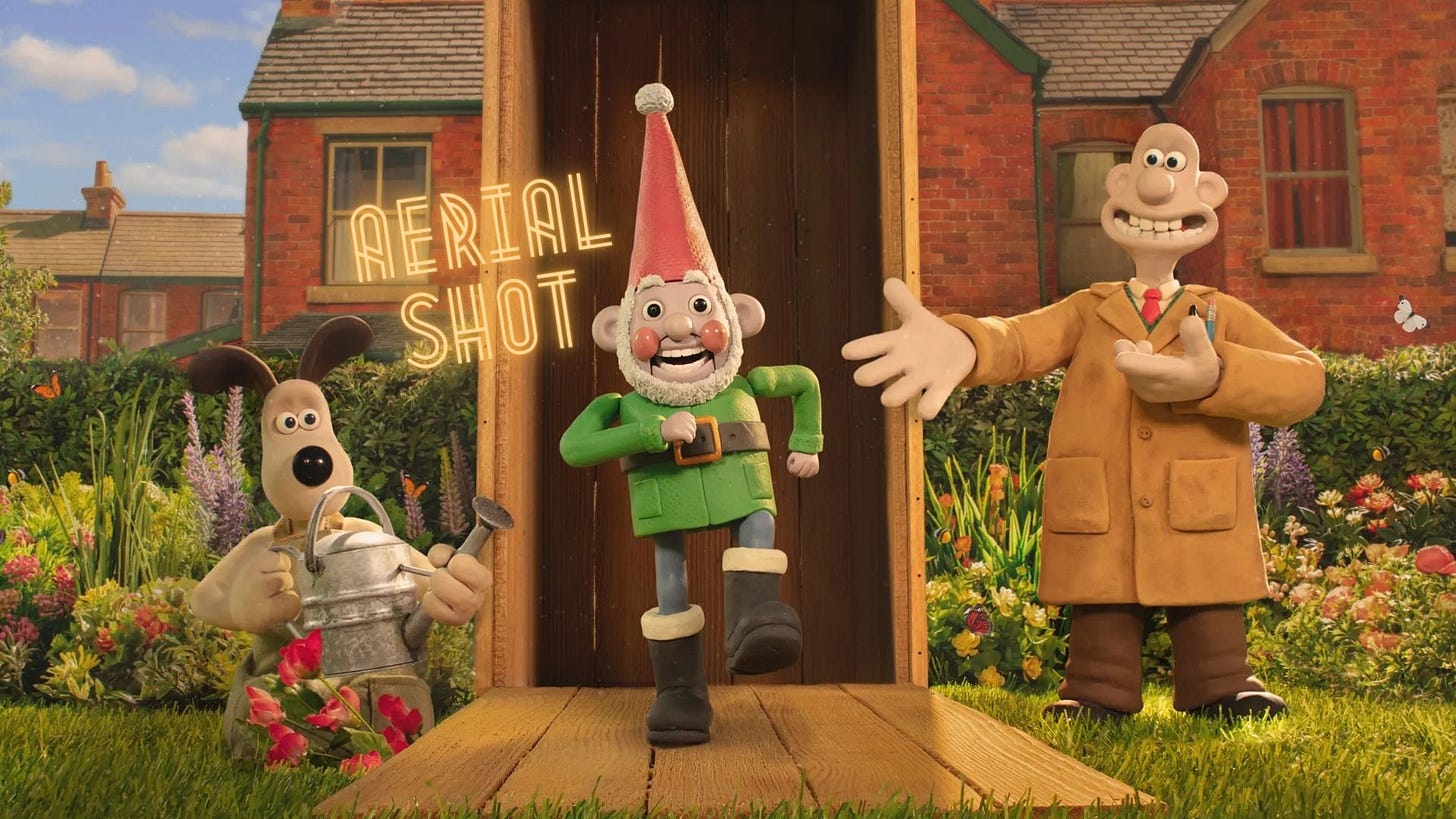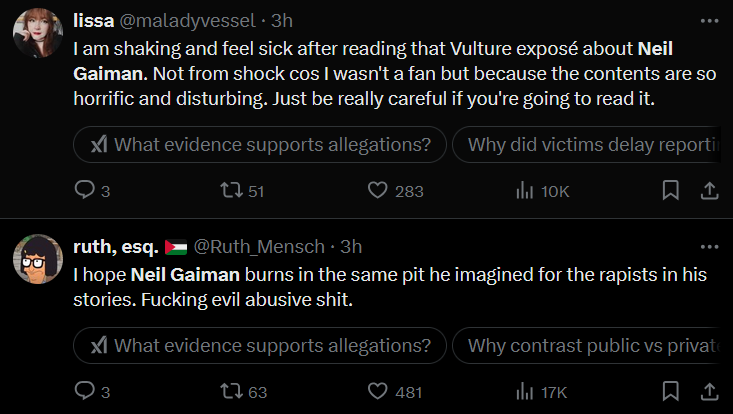I’ve been thinking a lot about Twitter recently.1 Partially because I’m on it way too much and partially because whenever I send a tweet to my friend (she knows who she is), she immediately calls me out for still using it. Here are some examples:
greg where are we on the “leaving twitter” thing
gregory have you considered leaving twitter
get off twitter u guys
you gotta leave Twitter man (Editor’s Note: This one was sent after reading this article.)
Now, I understand why we all shouldn’t use it—poisonous userbase, shitty functionality and loads of Nazis calling Sydney Sweeney ugly for some godforsaken reason—but I also like to follow sports, pop culture and media news, and I kind of(?) need it for my job.
Twitter, like every well-known media company, has decided to go all in on AI introducing this remarkably ugly function called Grok. Not only is this name annoying to say and think about, but Twitter constantly pushes Grok in front of your face and even puts various AI prompts on its tweets, since the powers that be want you to train their artificial intelligence chatbot for them.
Just the other day, Vulture published a tell-all piece on prolific author Neil Gaiman full of sexual assault allegations that should land him in prison … and if not there, hell. This is how Grok popped up under various posts.
People think of AI as some anonymous, nameless entity that does your homework, answers your inane questions and breaks up with your dates for you when in actuality, it’s an anti-art and anti-creativity proposition run by corporations looking to take every last cent from you and make you rely on it in every instance, so we all turn into the people from Wall-E2. Google has even emphasized AI in its search function so as to slowly drain other websites and keep you on Google, searching random things to your heart’s desire without ever leaving the site. They’re all depending on you being lazy and not wanting to do any work whatsoever, even if that work is just clicking on another website.
Even worse, as evidenced by the Elon Musk app pictured above, it can be tweaked and pushed to give you bad (or even evil) answers since it all comes down to who has control over it, and for the most part, it’s large conglomerates pushing this garbage down our throats.
Instead of AI pushing out company heads organizing meetings and forgetting how to use Zoom (which it would probably make more sense for, but that would affect rich people), it’s eliminating artists, creatives and your friends and family members that actually do the work on a day-to-day basis. AI should be scheduling meetings and providing updates, but instead, CEOs are using it to union bust, keep hiring numbers low and write SEO-friendly content that reads just off enough to make some sense but never a full amount of sense. It’s a scourge and I’m not a fan.
It seems like Merlin Crossingham and Nick Park aren’t fans of AI either. The directing duo of Wallace & Gromit: Vengeance Most Fowl (the first great new movie I’ve seen this year) may never explicitly state that it’s about those two dreaded letters, but it’s obviously at the core of a story on robots taking the jobs of regular people (dogs in this movie’s case) and turning on those who’ve put them in power. Of course, in this story, the villains are “smart” gnomes that get wrested away by a pernicious penguin, but that’s exactly the type of free-flowing, inventive storytelling that AI could only dream—if it could dream but we don’t have the time for that—of putting together.
Park said as much in an NPR interview:
We worked with this great screenwriter, Mark Burton, that we've worked with many times before, and he immediately latched on to the - oh, this could be about AI but in a very "Wallace And Gromit" kind of stupid way. We've always tried not to be too black and white about it because we do employ technology, and, you know, we shoot on digital cameras these days as opposed to 35mm film cameras. And I guess, like, Gromit very much represents the human touch, and Wallace is - like society today, is in love with technology.
And it's just really about keeping a check on how much do we need tech? In fact, for the first time ever, we had Wallace actually learning something.
The titular duo has been a British claymation staple since the early 1990s, and it’s nice to see them grapple with a dilemma that we’re all knee-deep in. The act of creating these movies and short films is far from easy too; the latest film required a crew of 260 people to ultimately put together five seconds of animation a week. This is far from the world that AI could lead to—answers (doesn’t matter if they’re right or wrong) at the click of a button and full papers handed to you in a matter of moments—but it’s the act of creating something from whole cloth that’s beautiful. There was an honest-to-god clay shortage that needed to be beaten to get you this goddamn movie, and they did it.
A lot of AI seems to be about taking the easy way out from students having the service do their homework for them to major corporations trying to cut corners, and my main question to this is: Why?
Like we don’t need this at all except to keep on doing more, more, more. There’s no quota of things we need to get done in one lifetime. Why are we rushing to build and utilize contraptions that are going to make everything too easy … and worse? I know that technology will continue to grow and expand and whatever, but is doing this worth people losing their jobs, corporations growing bigger and bigger and any semblance of artistry we have left diminishing?
Speaking of Twitter, I liked this tweet from fellow podcast producer Bobby Wagner of The Big Picture in which he quoted an interview of an AI Tech Bro stating that it takes too much practice and time to make music3. Here is the response:
doing things that are hard — not necessarily because they are hard but in spite of it — is like kinda spiritually reinvigorating and part of the whole point of being alive and in community with other people. idk, your thing is cool too I guess
I’d rather die than call it X.
LOSER






leave twitter, gregory